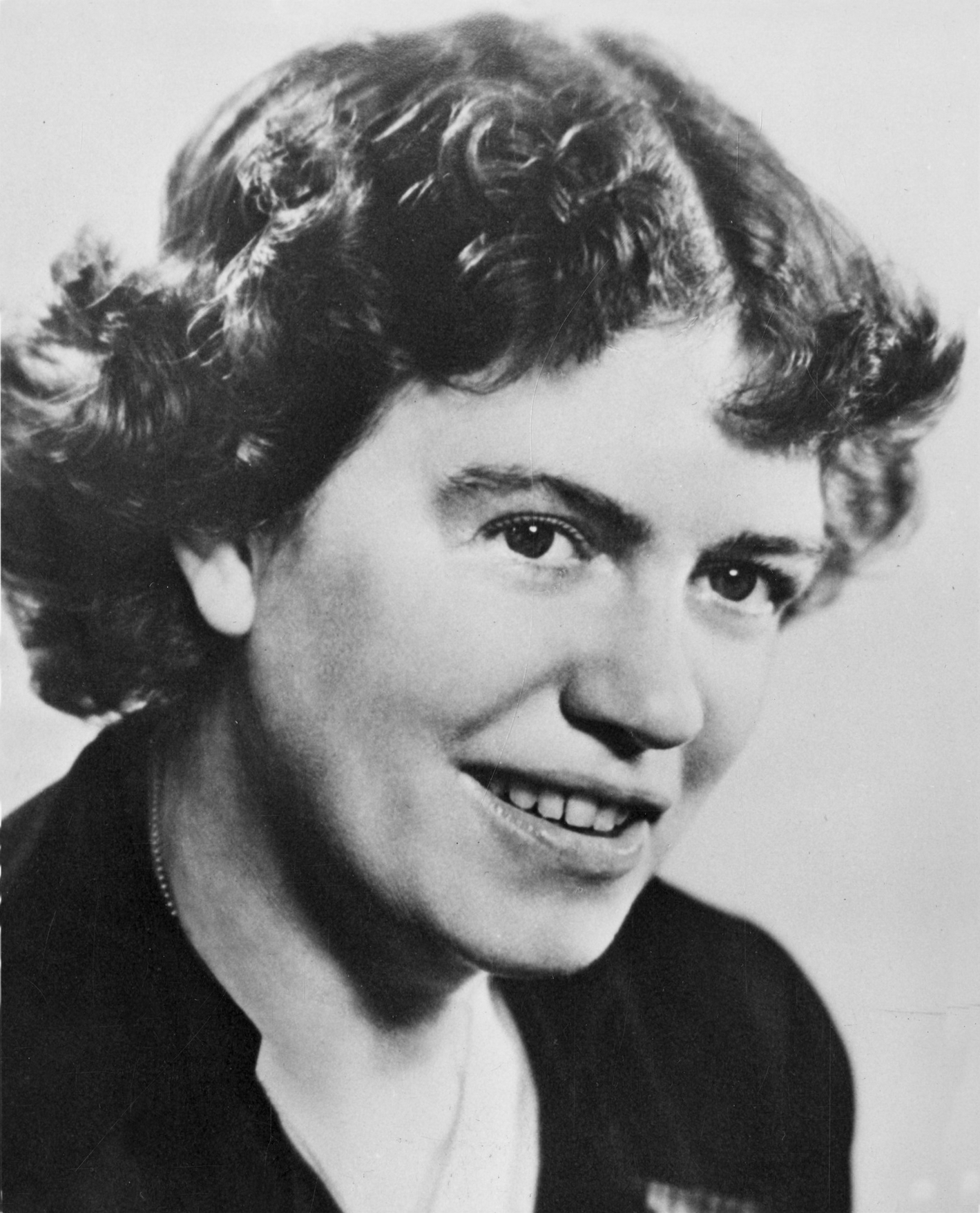Margaret Mead najznámejšie citáty
Margaret Mead: Citáty v angličtine
Zdroj: 1930s, Sex and Temperament in Three Primitive Societies (1935), p. 322
Kontext: Historically our own culture has relied for the creation of rich and contrasting values upon many artificial distinctions, the most striking of which is sex. It will not be by the mere abolition of these distinctions that society will develop patterns in which individual gifts are given place instead of being forced into an ill-fitting mould. If we are to achieve a richer culture, rich in contrasting values, we must recognize the whole gamut of human potentialities, and so weave a less arbitrary social fabric, one in which each diverse human gift will find a fitting place.
Zdroj: 1920s, Coming of Age in Samoa (1928), p. 1
Zdroj: 1940s, Balinese Character (1942), p. 7
Zdroj: 1940s, Balinese Character (1942), p. 39 as cited in: E. Bruce Goldstein (1994) Psychology. p. 511
Zdroj: 1930s, Sex and Temperament in Three Primitive Societies (1935), p. 55; cited inWomen, History, and Theory : The Essays of Joan Kelly (1986), by Joan Kelly, p. 137
“Throughout history, females have picked providers for mates. Males pick anything.”
Attributed in 3,500 Good Quotes for Speakers (1985) edited by Gerald F. Lieberman, p. 114
1980s
“Life in the twentieth century is like a parachute jump: you have to get it right the first time.”
As quoted in Margaret Mead, World's Grandmother (1975) by Ann Morse, Charles Morse, Harold Henriksen, p. 9
1970s
Zdroj: 1940s, Balinese Character (1942), p. 48
“The United States has the power to destroy the world, but not the power to save it alone.”
As quoted in Quotations for Our Time (1977), by Laurence J. Peter, p. 509
1970s
As quoted in Margaret Mead: A Life (1984) by Jane Howard; cited in Journey Through Womanhood : Meditations from Our Collective Soul (2002) by Tian Dayton, p. 46
1980s
Zdroj: 1970s, Changing Styles of Anthropological Work, 1973, p. 1
“I learned the value of hard work by working hard.”
Attributed in You Vs. You: Sport Psychology Got Life (2005) by Wayne Mazzoni, p. 90
2000s
Zdroj: 1950s, People and Places (1959), p. 198
Zdroj: 1940s, Male and Female (1949), p. 84 as cited in: John Whiting, Eleanor Hollenberg Chasdi, Roy D'Andrade (2006) Culture and Human Development: The Selected Papers of John Whiting. p. 240
Zdroj: 1940s, Balinese Character (1942), p. xi
Zdroj: 1930s, Growing Up in New Guinea (1930), p. 406
“What people say, what people do, and what they say they do are entirely different things.”
Attributed in Teaching Music Through Performance In Band, Vol. 3 (2000), edited by Richard B. Miles, Larry Blocher, Eugene Corporon, p. 13
2000s
Zdroj: 1930s, Sex and Temperament in Three Primitive Societies (1935), p. xvi
As quoted in Margaret Mead : Some Personal Views (1979) edited by Rhoda Métraux
As quoted in American Quotations (1992) by Gorton Carruth and Eugene H. Ehrlich
1970s
Varianta: At times it may be necessary temporarily to accept a lesser evil, but one must never label a necessary evil as good.
Zdroj: 1940s, And Keep Your Powder Dry: An Anthropologist Looks at America (1942), p. 134
Zdroj: 1970s, Changing Styles of Anthropological Work, 1973, p. 8
Zdroj: 1930s, Sex and Temperament in Three Primitive Societies (1935), p. 39 as cited in: Guy R. Lefrançois (1973) Of children; an introduction to child development. p. 65
“Fathers are biological necessities, but social accidents.”
Attributed in Two Hugs for Survival (1982) by Harold A. Minden (1982), p. 22
1980s
Zdroj: 1920s, Coming of Age in Samoa (1928), p. 131 (1973 edition)
Preface of 1950 edition of Sex and Temperament in Three Primitive Societies (1935), p. xxvi <!-- ; 1977 editon, p. ix -->
[Anthropology demands] the open-mindedness with which one must look and listen, record in astonishment and wonder that which one would not have been able to guess.
As quoted in Gaither's Dictionary of Scientific Quotations (2012) by Carl C. Gaither and Alma E. Cavazos-Gaither<!-- cited in Coming of Age in Second Life : An Anthropologist Explores the Virtually Human (2010) by Tom Boellstorff, p. 71 -->
1950s
Zdroj: 1920s, Coming of Age in Samoa (1928), p. 6-7
Attributed to Mead in Mead Childhood Education Vol. 54 (1977) by Association for Childhood Education International, p. 126
1970s
